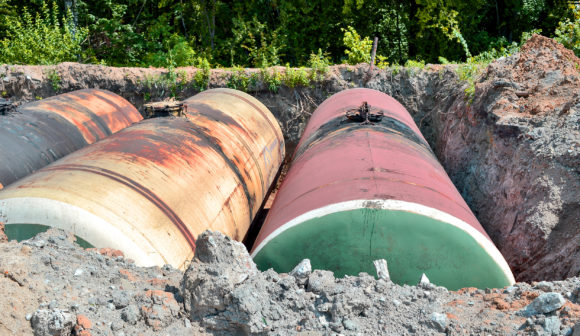
Underground storage tanks.
Over the past year, the New Jersey Department of Environmental Protection and Rutgers Office of Continuing Professional Education joined forces to provide training for operators to prevent, detect and correct leaking underground storage tanks. Together, they’ve hosted more than 40 classes in half a dozen locations across New Jersey to train as many as 2,200 operators in a one-day training program, which is now available as an online course.
The class, NJDEP UST Training for Class A & B Operators, covers the entire UST system from time of delivery to point of sale, with primary focus being on compliance.
The impetus for the online component is to speed up the process of bringing system operators into compliance with state regulations that were updated to match federal standards. In addition to the course providing UST operators with the latest equipment updates, additional testing requirement and better forms of leak detection, the major change in the state regulations requires every tank system to have a trained and certified Class A/B Operator.
This particular change presented a pressing need for a training program that would give current UST operators the opportunity to earn their Class A/B certification and comply with the updated requirements. To facilitate this, the NJDEP developed the course curriculum and supplied subject matter experts to teach the operators, but partnered with Rutgers OCPE to handle the logistics of scheduling classes and processing registrations.
There are more than 4,200 sites that store billions of gallons of flammable gasoline in giant tanks buried underground in New Jersey. This number includes hospitals and schools that use oil for heat, mechanic shops and factories that utilize waste oil tanks, and thousands of gas stations, each storing between 10,000-20,000 gallons of gasoline. In addition to being highly flammable, liquid leaks and vapor emissions can cause groundwater contamination, environmental pollution and unsafe air quality.
Read more on the NJDEP and Rutgers UST training collaboration in an article written by Rutgers OCPE’s Casey Noon at http://go.cpe.rutgers.edu/preventing-petroleum-pollution-in-nj/.

